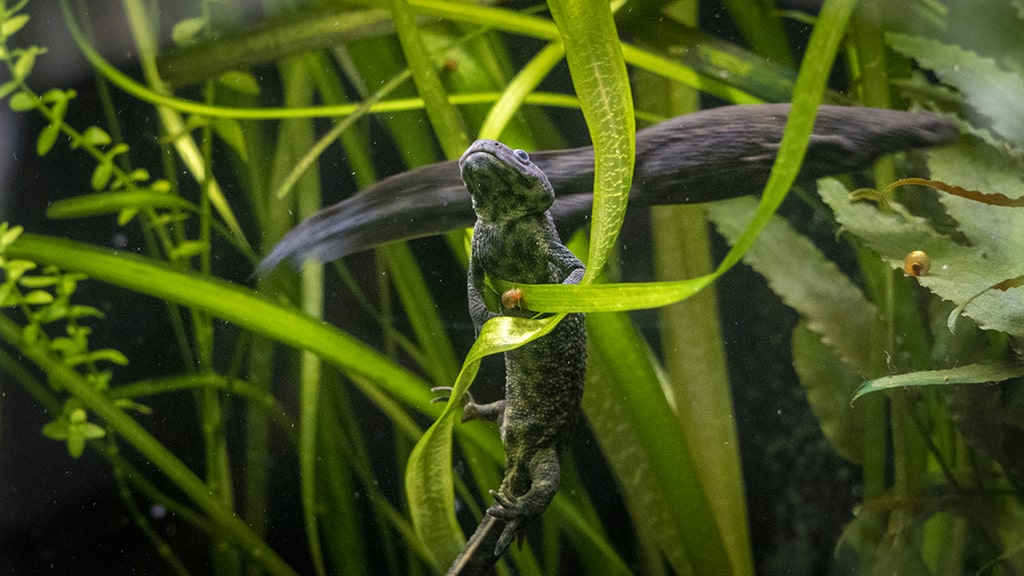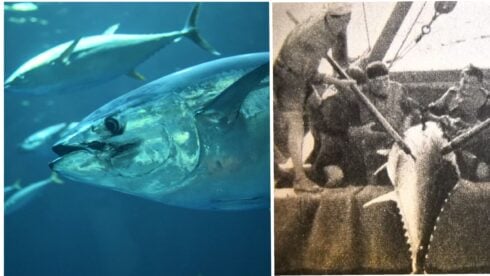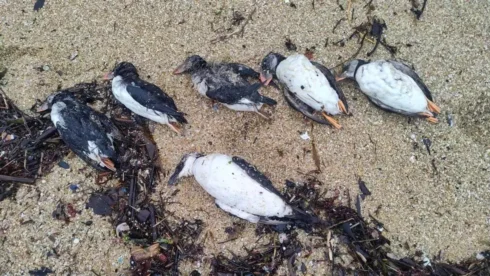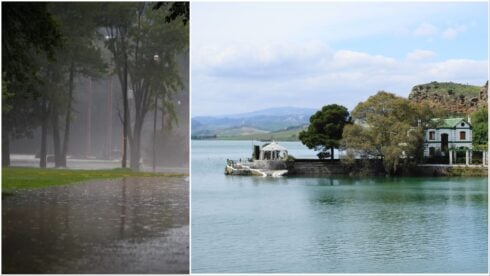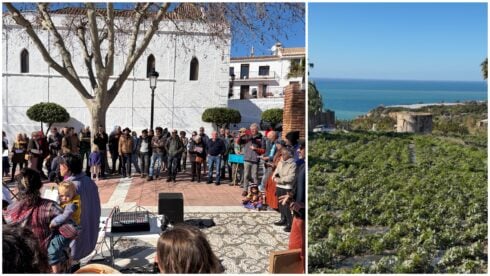A PROJECT to conserve and raise numbers of the gallipato amphibian is getting positive results in the Valencian Community.
The gallipato- part of the salamander family- is one of the most threatened amphibians in the region and is on various watch lists for species that could disappear.
Bioparc Valencia has been working with the Valencian environment department on the initiative, aimed at preventing the disappearance of the species from the local environment.
The regional government asked the Bioparc for help to preserve the gallipato- the biggest salamander in the Iberian Penninsula.
The park is home to two groups of the newt, destined for reproduction as well as teaching visitors about it.
Once breeding is achieved, the gallipatos move to the facilities of the Conselleria in El Palmar to continue their growth.
After reaching sufficient maturity, they are carefully transported to selected and controlled natural spaces with the aim of trying to maintain the maintenance of the species in their natural habitat.
Among work carried out, there has been a reintroduction of 10 specimens in the La Balsilla wildlife reserve in Alcublas.
Knowledge of natural heritage is important to make sure people realise why the gallipato needs to be preserved and at the Bioparc, visitors can discover the peculiarities of the gallipato in Kitum cave- an area that recreates the wetlands .
Inside this space, there is a special visitor display dedicated to amphibians.
Click here to read more Valencia News from The Olive Press.

